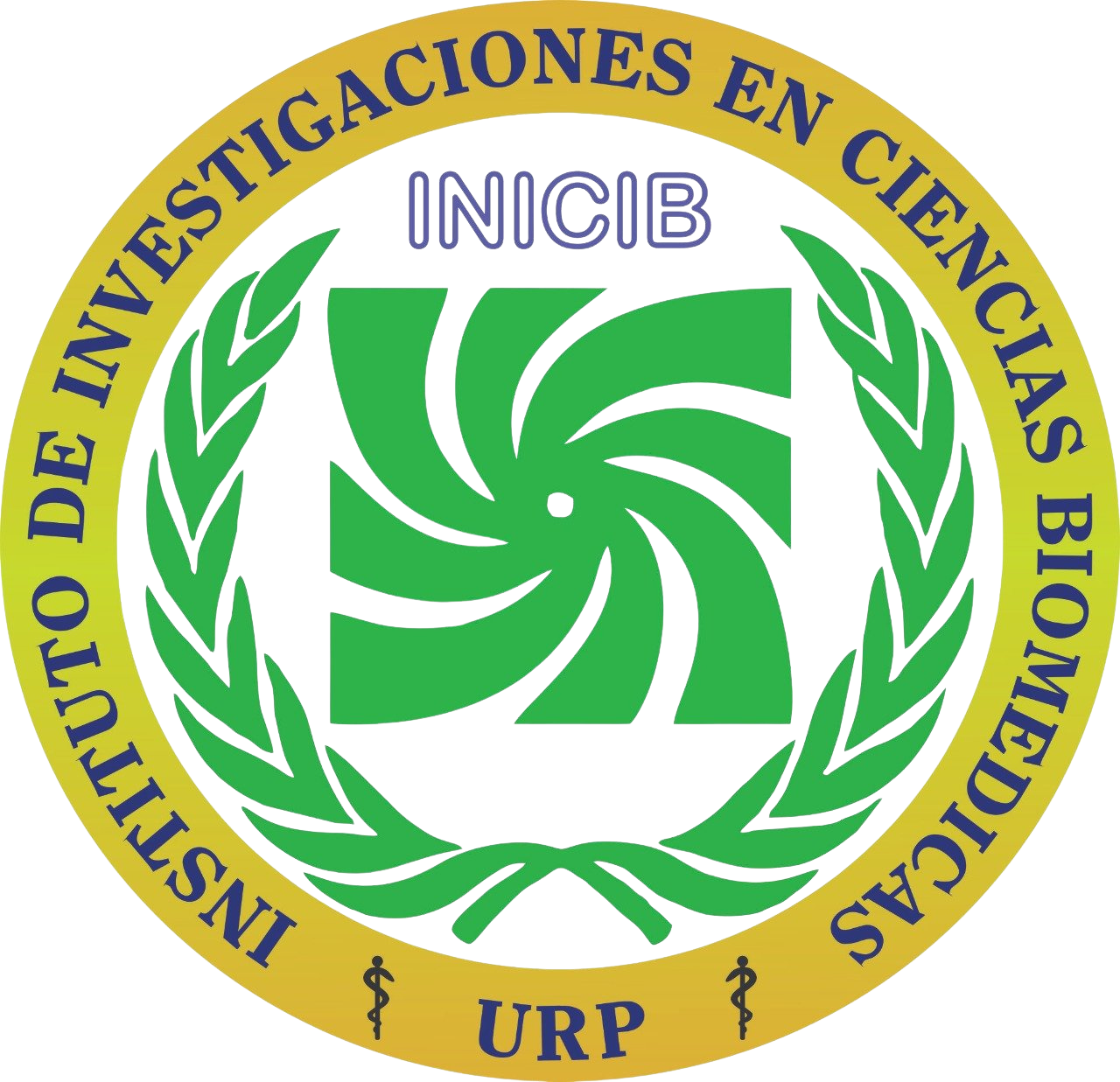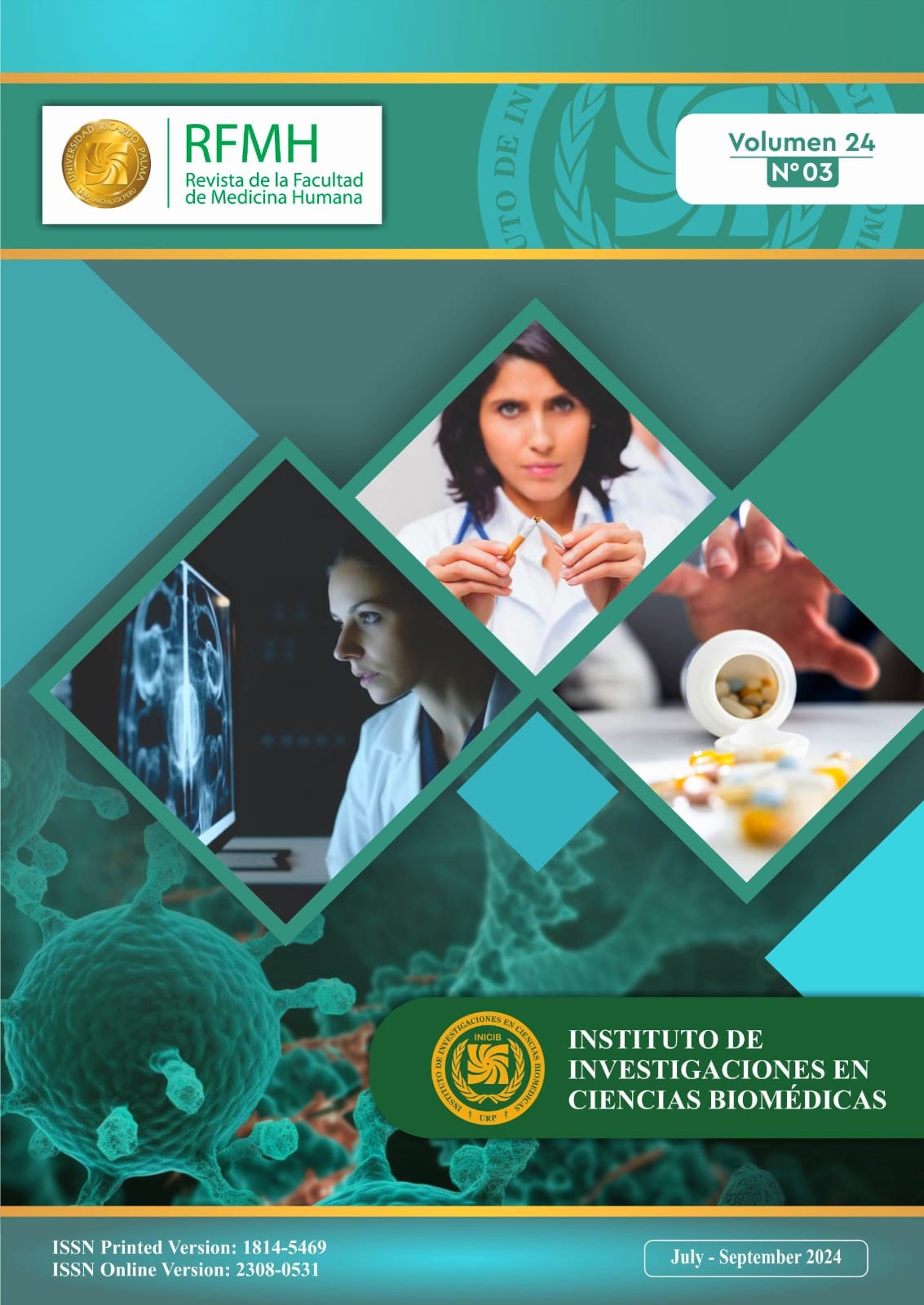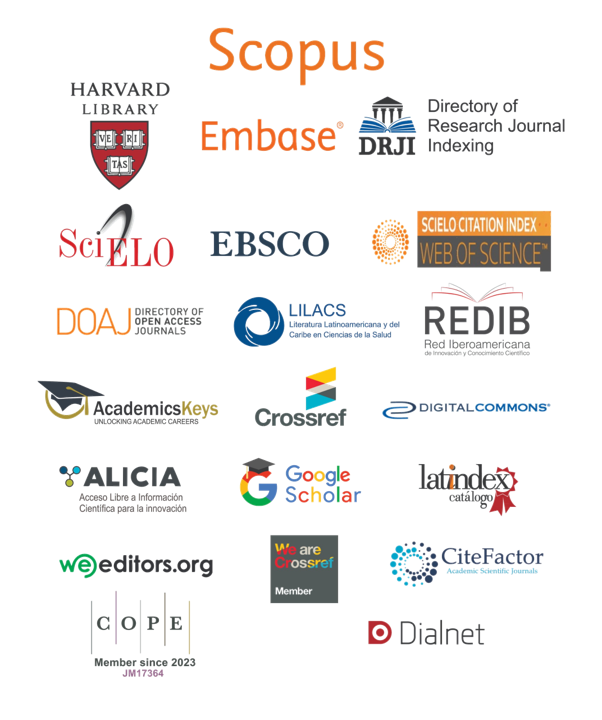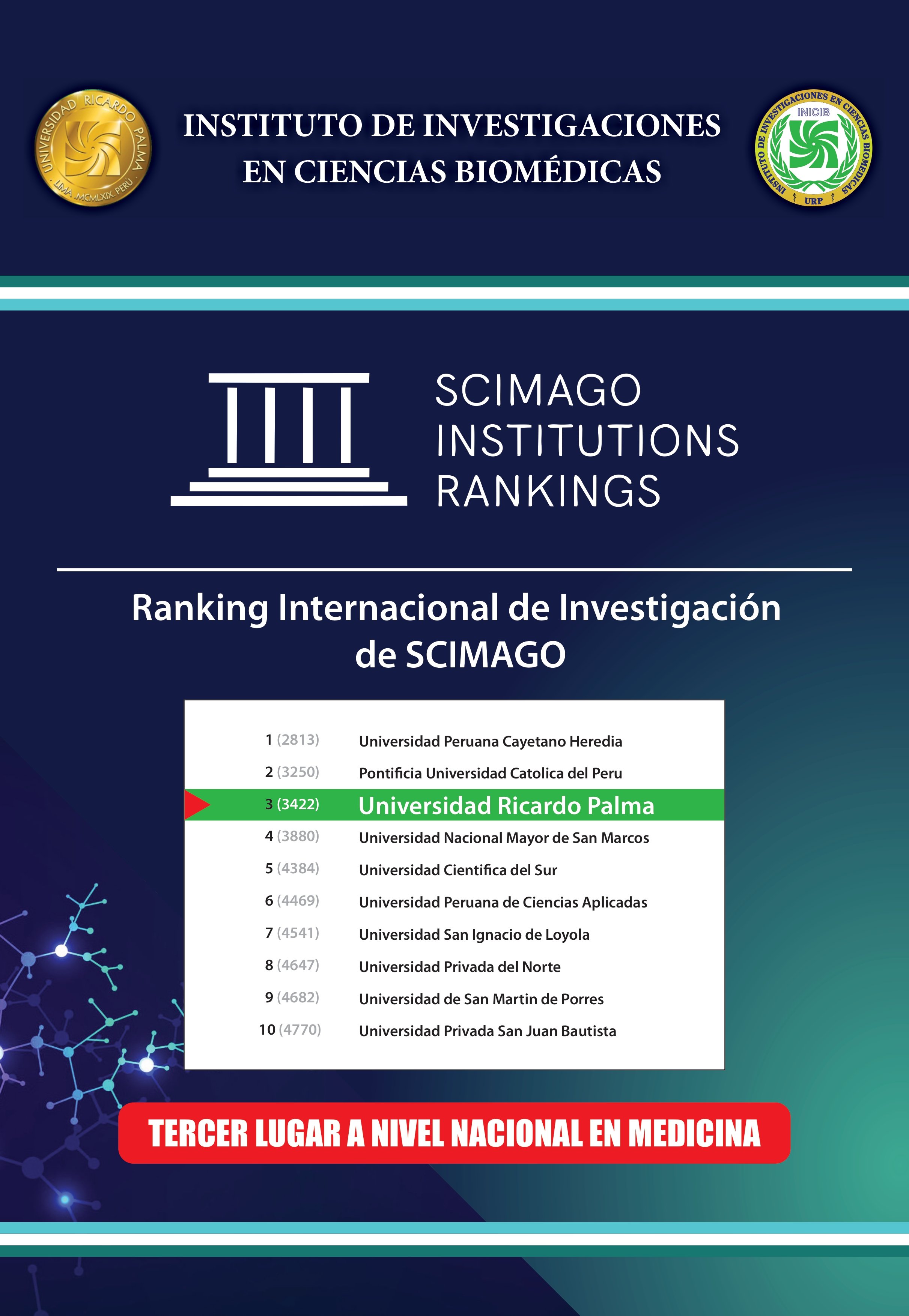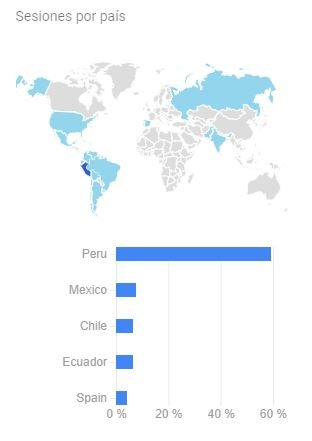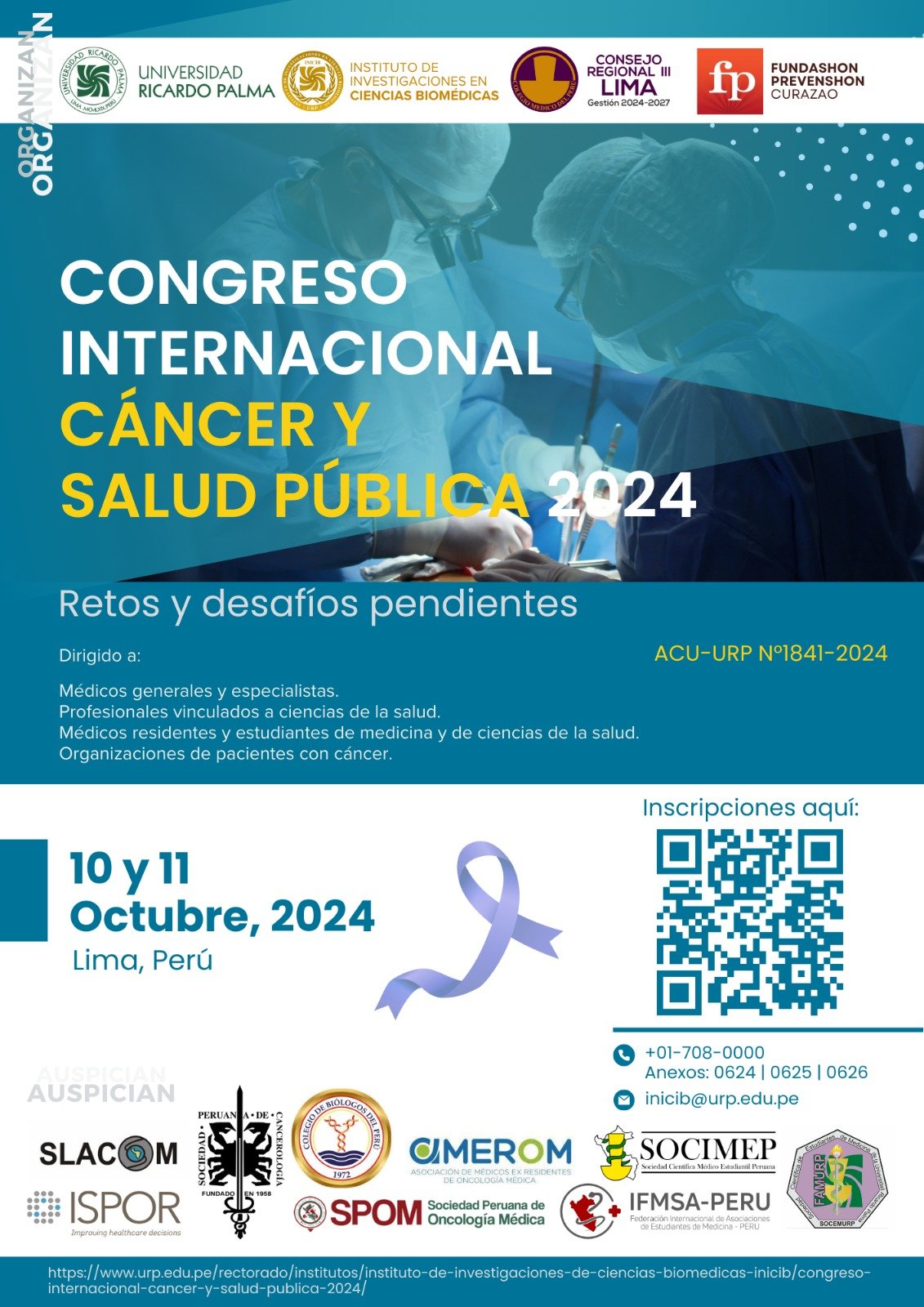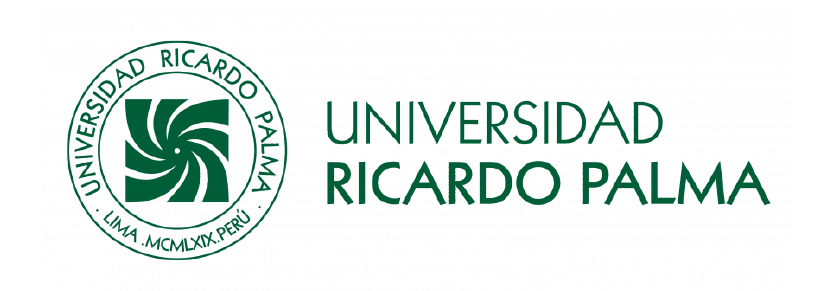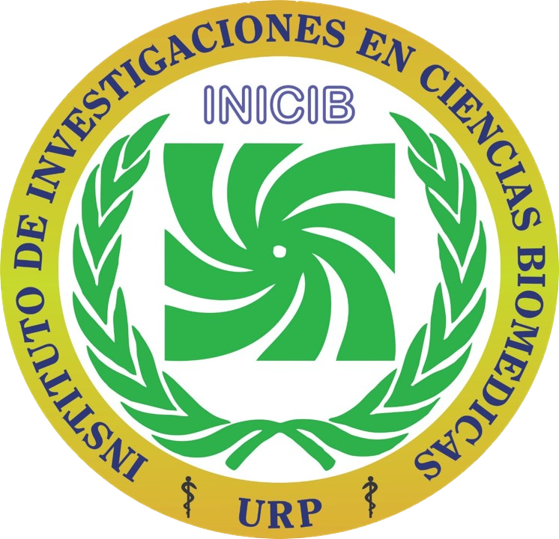Perception of knowledge and attitudes towards COVID-19 in a group of citizens in the urban area of Huánuco
Percepción de conocimientos y actitudes frente a COVID-19 en un grupo de ciudadanos de la zona urbana de Huánuco
DOI:
https://doi.org/10.25176/RFMH.v21i1.3352Keywords:
Health knowledge, attitudes, practice, self-care, coronavirus, COVID-19Abstract
Objective. To identify relationship between knowledge and type of attitudes towards COVID-19 in the citizens of the urban area of Huánuco. Methods. Observational, descriptive and cross-sectional study, with a quantitative approach. It was carried out in the city of Huánuco, 2020. Sample comprised 168 citizens. A previously validated knowledge questionnaire and an attitudes scale towards COVID-19 were applied. Pearson's χ² test and Spearman's correlation coefficient (rho) were applied. Results. When analyzing the type of knowledge regarding COVID-19, 62.5% (105) of the sample was located in the category “unknown”. Analyzing the type of attitudes perceived by citizens towards COVID-19, 36.9% (62) had positive attitudes, while 63.1% (106) presented negative attitudes. Contrasting the relationship of knowledge and the type of attitudes towards COVID-19, statistical significance was found between both variables (p <0.005). The level of education presented a significant relationship with knowledge about COVID-19 (r = 0.314; p <0.000). Conclusion. There is a direct relationship between the knowledge and the type of attitudes towards COVID-19 in the citizens of the urban area of Huánuco. In other words, there is ignorance about COVID-19. The vast majority show negative attitudes.
Downloads

Downloads
Published
How to Cite
Issue
Section
License
Copyright (c) 2021 Revista de la Facultad de Medicina Humana

This work is licensed under a Creative Commons Attribution 4.0 International License.


